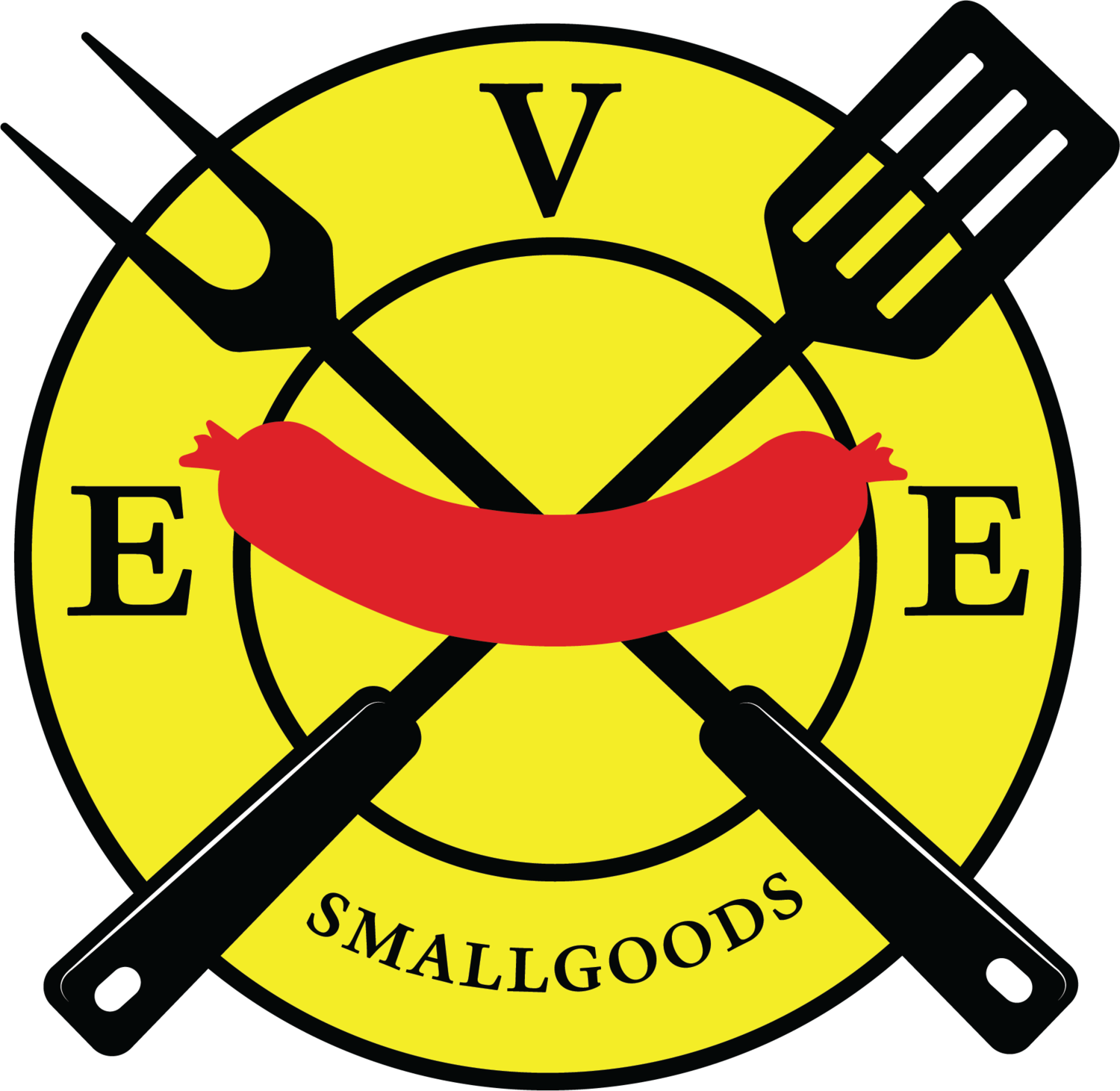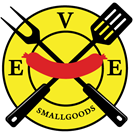You may have heard reference to the term “clean foods” and wondered what on earth people were referring to. Athletes, people with food intolerances and those who pay close attention to the quality of food they consume, will tell you that it refers to wholesome, old-fashioned foods made using natural, familiar ingredients.
It’s a simple concept harnessed to the nostalgic desire to return to the purity of paddock-to-plate days. Originating with Millennials and Generation X’ers, their Baby Boomer parents have also taken note of the health benefits and joined the growing number of converts. So much so that large-scale retailers are sitting up and taking note; introducing an increasing number of products that meet their needs.
Common sense tells us that products made from natural ingredients must be better for us than those filled with artificial ingredients. Ingredients should be readily recognised, free from preservatives, fillers & chemical additives. and commonly named (salt, pepper, water…).
Ideally, they should also have been grown locally (meaning they’re fresher) in a manner that is as sustainable as possible (not GMO or doused in pesticides and chemical fertilisers).
Despite our awareness of the harm chemicals can cause when imbedded in or added to our food, price still tends to be the primary driver for consumers when it comes to their purchasing decisions. It’s time we asked: ‘at what cost?’
Confusing labelling and misleading marketing claims about nutrition information, country of origin claims and the purity of ingredients used can make it extremely challenging to distinguish between the good, the bad and the ugly. One food type where it’s hard to separate fact from fiction is meat; processed meat specifically.
Many large grocery stores continue to offer smallgoods products (e.g. sausages, sliced meat, pate, etc), made from ‘restructured meat’. As distasteful as it sounds, the process involves mixing gelation and scraps with thickeners, dextrose, preservatives and water, then adding artificial colours and flavours. The result is a product that resembles pulverised meat muscle and often includes nasty bone chip surprises; thanks to mechanically deboned meat.
In the coastal Queensland suburb of Currumbin, a Master Smallgoods Maker from Austria bucks the trend and makes sausages the old-fashioned way; the clean way. His brand is Eve Smallgoods.
One hundred per cent of the quality meat he sources comes from farms in SEQ and northern NSW. All farms are certified for sustainable agricultural practices and animal welfare and many are certified organic. This means the main ingredient is fresh, locally-sourced meat and he only buys quality; not scraps.
In his small factory, skilled butchers hand-cut the flesh from the bone. The meat is then mixed with premium herbs and spices, sheathed in natural casings, hand-linked, and smoked over aromatic woods. Finally, each and every sausage is checked for quality control before being made ready for sale.
No Eve Smallgoods products are bulked-out with gluten or fillers. They don’t contain sulphites or preservatives. They don’t contain dextrose, artificial colours or artificial flavours. Best of all though, they don’t contain nasty bone-chips.
Eve Smallgoods is an increasingly rare find in a world of ultra-processed foods made with questionable ingredients. Their products are so clean they’re referred to as “Sin Free” and after just one bite, the most commonly-uttered word is simply, “WOW!”
So, if you’re particular about what you eat, want the ingredients to be ‘clean’ and free from artificial additives, order Eve Smallgoods products online, locate a retail stockist, or ask your local butcher/ deli to start ordering them in.

